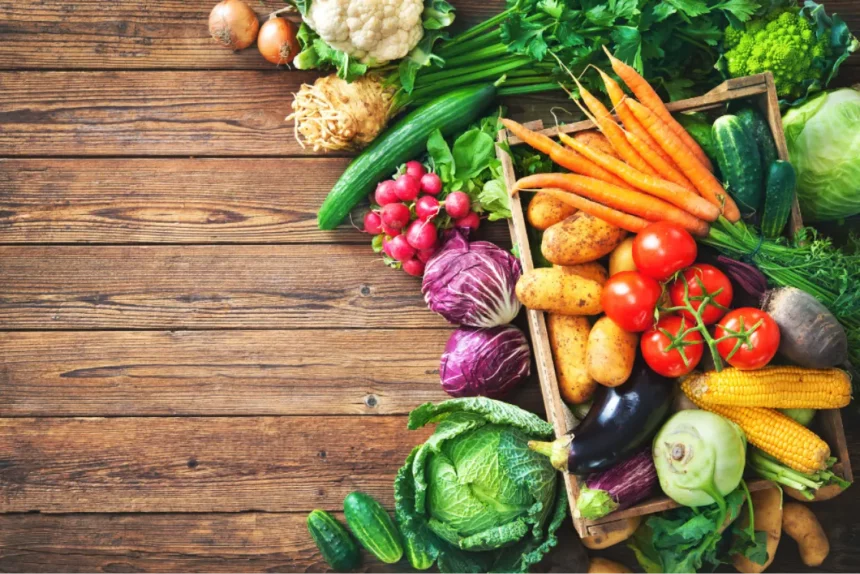Fresh fruit and vegetables are essential to a balanced, healthy diet, and general well-being, not to mention making for delicious meals and treats.
But they don’t often keep well. How often have you stocked up like a doomsday prepper only to find greens wilted and limp, and fruits all mouldy and rotting? Plus, the ones that do keep just taste… stale.
The simple solution would be to make small frequent grocery purchases. But who has the time? Plus, the ever-present threat of Covid-19 means fewer trips out and buying in bulk online to save on all those delivery costs.
So what to do? Here’re five handy tricks keeping your fruits and vegetables perky in the crisper for longer:
Get it fresh
The fresher your purchases, the longer their shelf life.
Granted, this isn’t always easy to ascertain, especially if you’re getting groceries from a supermarket. But experts point to certain things that can help determine the freshness of produce.
For example, when buying leafy greens, look out for shrivelled, yellowing leaves. In the case of root vegetables, cabbages and onions, check to see that they feel heavy (they should!) and free of soft spots and blemishes.
Let energy be your guide
One way to prevent spoilage is to boost the quality of fresh produce by placing an Amezcua Bio Disc 3 in the fridge alongside your fruits and veg.
In a nutshell, the revolutionary Bio Disc 3, made from a unique combination of granulated crystals, works by converting harmful decay-causing frequencies into beneficial energy.
You can even wash produce with water structured using the disc to get rid of harmful stuff like pesticides, as well as improve food’s quality and taste.
View this post on Instagram
Keep ‘em dry
It’s recommended you store fresh produce unwashed. Still, both organic and conventional fruits and veg can become exposed to bacteria, grime and other contaminants, which is why many folks prefer cleaning them first.
So, it’s important to dry your produce well before storing them in the fridge, as too much moisture can hasten spoilage.
Pro tip: Not everything should go in the fridge. Potatoes, onions, garlic or fruits like mangoes should be stored in a cool, dark place with low humidity. The trick is in knowing what goes where.
Bag them
For produce that should be refrigerated, consider sealing or bagging ’em.
For example, leafy greens and cabbages tend to stay fresh longer when refrigerated in sealed reusable bags or containers.
Stuff like grapes and strawberries, meanwhile, should ideally be stored in bags with tiny perforations, which help release some of their moisture.
Note, however, that not everything should be bagged!
Keep ’em separated
Another thing to consider when looking to extend the life of fresh produce is a gas called ethylene.
Ethy-what now? Ethylene is naturally produced by fruits like apples, avocados, pears and tomatoes and can speed up the ripening process of certain other fruits and vegetables stored nearby.
Mangoes, peaches, grapes and cucumbers are among the more ethylene-sensitive produce, so keep these and other fruits and veg away from the gas-emitting ones.
And there you have it – five easy ways to keep your food fresh, crispy and delicious. Enjoy!






